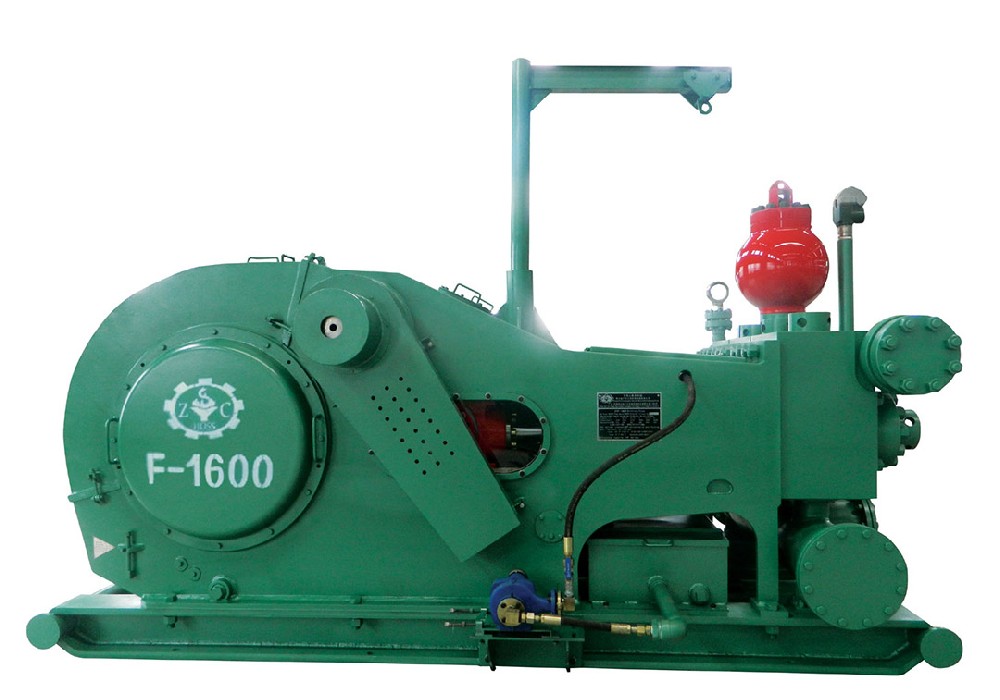Fluid transfer is essential in several industrial processes, including oil and gas extraction, power generation, chemical processing, and wastewater treatment. The efficiency, reliability, and cost of fluid transfer systems influence the economics and safety of these processes. That's why selecting the right pump for fluid transfer is crucial for any industrial operation. While there are several types of pumps in the market, positive displacement pumps are gaining popularity because of their unique advantages.

Positive displacement pumps are classified by their principle of operation, which involves trapping fluids between a series of fixed and moving parts to create displacement and flow. Unlike dynamic pumps that transfer fluids by imparting kinetic energy to the liquid, positive displacement pumps move fluids by trapping and releasing them. As a result, positive displacement pumps can handle fluids with high viscosity and exert higher differential pressures, making them ideal for handling challenging fluids.
The two primary types of positive displacement pumps are reciprocating and rotary. Reciprocating pumps work by reciprocating a piston, plunger, or diaphragm to create positive displacement. These pumps are ideal for low to moderate flow rates and high differential pressure applications. On the other hand, rotary pumps use rotors, lobes, gears, or screws to create displacement and flow. The rotary pumps are more suitable for moderate to high flow rates and low differential pressure applications. Positive displacement pumps can transfer a wide range of fluids, including oil, gas, water, chemicals, and wastewater, making them versatile in several industrial applications.
The benefits of positive displacement pumps include high reliability, efficiency, and accuracy. These pumps have a small number of moving parts, which reduces maintenance costs and enhances their durability. Positive displacement pumps are also efficient because they operate at high volumetric efficiencies, meaning they can transfer more fluid per unit time than other types of pumps. Additionally, these pumps offer high accuracy, dispense fluids with precise flow rates and low pulsation, making them ideal for metering and dosing applications.
Several industrial processes that require fluid transfer rely on positive displacement pumps to ensure smooth and efficient operations. The oil and gas industry utilizes reciprocating and rotary pumps to transport viscous crude oil from the wellhead to the processing plant. The chemical processing industry uses these pumps to transfer high viscosity fluids such as adhesives, resins, and molasses. The food and beverage industry uses positive displacement pumps to handle sensitive fluids such as fruit juices, dairy products, and chocolate.
In conclusion, positive displacement pumps are an ideal solution for efficient, reliable, and accurate fluid transfer in several industrial operations. Their ability to handle high viscosity fluids, offer high accuracy, and operate efficiently makes them popular in different industries. In addition to their performance advantages, positive displacement pumps are cost-effective and easy to maintain. Therefore, if you are looking for an efficient, cost-effective, and reliable pump for your fluid transfer needs, consider positive displacement pumps.